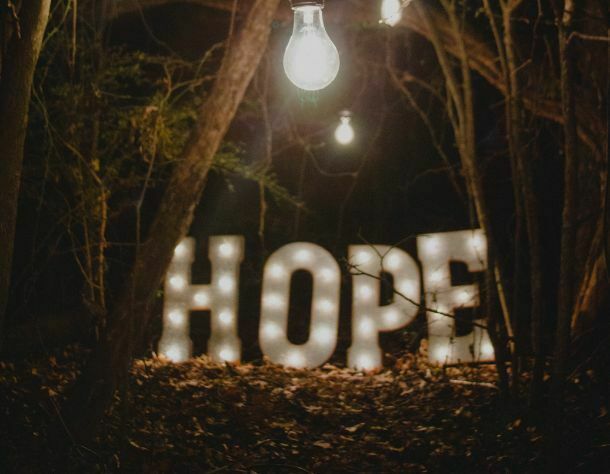Leaving the Military Affects Family Members Also
When a service member prepares to go on a deployment, do a PCS move, or transition out of the military, they are required to go through several levels of discussions and counseling to make sure they are prepared. Military spouses and children rarely receive the same level of training to prepare for major life transitions. Sometimes, there is no formal support or program in place at all! But your family can find support through the SMVF Program at Region Five.
When Your Clinician Work Starts To Affect Your Homelife: 8 Tips for Coping
Clinical work isn’t for everyone. It can often be hard to hold the stories you hear and the pain you see people experience. Sometimes, you just can’t get that one client out of your head, wishing there was more you could do to help. When you need to talk about it, it’s tempting to turn to those closest to you. But these familiar people in your life may not be the best ones to help, and keeping your work and homelife separate is crucial for your long-term wellbeing.
Seven Signs Your Job is Affecting Your Life
Your job should not compromise your mental well-being, and it’s essential to seek support and make necessary changes to prioritize your mental health.
How Does Military Transition Affect Family Members?
Service members transitioning out of the military receive transition resources and education to help them prepare them for transition, but their spouses, children and other family members rarely receive the same – even though they’re also making a big life change. Military transition can have major impacts on family members’ wellbeing. If a spouse or other family member is or will soon be transitioning out of the military, here are a few ways you and your other family members can find the support you’ll need.
Veteran and Transition Support in the Tidewater Region of Virginia
Leaving the military and returning to civilian life is a time that many service members look forward to. After all, you’ll be reuniting with your family and friends and starting a new chapter in your life. A fresh start can be exciting, but can also come with a lot of stress and uncertainty. If you’re struggling with making the transition from military to civilian life, veteran transition support can help.
Military Transition: Finding Social Support as a Civilian
Military life comes with unique challenges and one of the most difficult actually comes at the end of service. If you’ve found that leaving the military and making the transition back to civilian life has been harder than you thought it would be, you’re not alone: nearly half of Veterans say that their transition was more difficult than they expected. Transitioning Veterans often face several common challenges, including a lack of social support. But that doesn’t mean there isn’t hope. You can find the support you need to transition successfully – if you know where to look.
How Virginia Workplaces Can Improve the Mental Health of Their Employees
The restrictions of the coronavirus pandemic led to changes in our culture, especially in the workplace. We saw shifting ideas about work and home life, along with the normalization of working remotely. While stress and anxiety levels did go up during the pandemic, job satisfaction also increased. Understanding the factors behind that increase can help you to improve your employees’ job satisfaction and, in turn, their performance.
Virginia Teens & Suicide
In 2022, the annual Virginia school safety audit found that 13% of Virginia high school students (27,946 students in total) have seriously considered suicide in the last 12 months. What can you do, as a parent, do about this mental health crisis?
5 Tips for a Smooth Transition Into Civilian Life
For many veterans, the transition back to civilian life is a bigger challenge than joining the military. Who’s helping you to prepare for the transition back to civilian life? At Region Five, we have a program for you!
Navigating Holidays and Family When New to Recovery
The holiday season is a happy and cheerful time for many people, but can be full of challenges for those in recovery from substance abuse.

